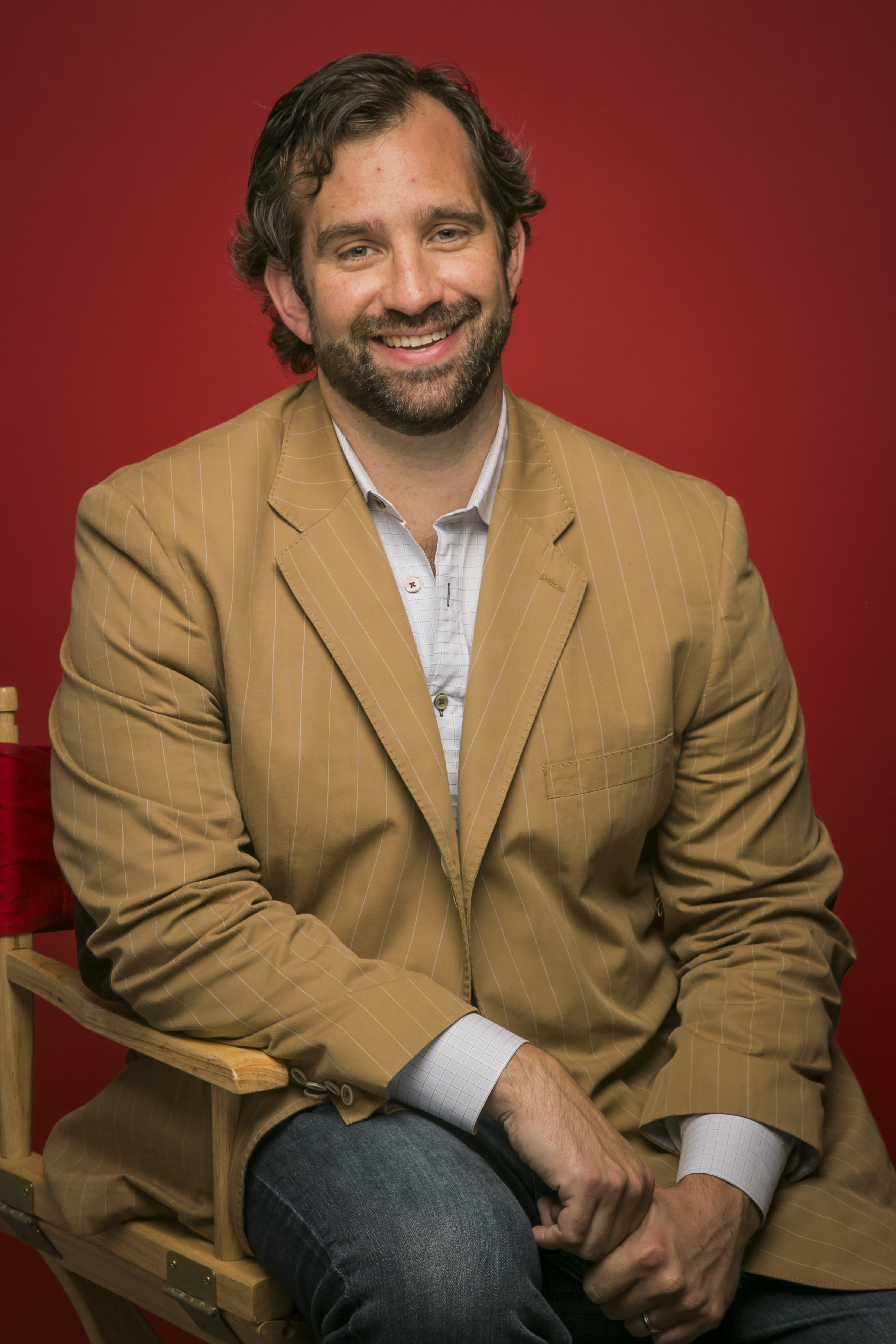NEW YORK—The US section of the international medical humanitarian organization Doctors Without Borders/Médecins Sans Frontières (MSF) today announced the appointment of Mr. Jason Cone as its new executive director.

|
Mr. Cone, who officially began his new tenure on June 1, has an extensive background in crisis and advocacy communications. He assumes leadership of MSF-USA following 11 years with the organization, the last six-and-a-half as communications director.
In his former role, he oversaw emergency and advocacy communications campaigns on issues ranging from the West African Ebola outbreak and Haiti earthquake and cholera epidemic, to global childhood malnutrition and HIV/AIDS. He returned last month from meeting with MSF field teams, diplomats, and journalists while visiting MSF’s surgical and mental health programs in the Gaza Strip and the West Bank, and its medical programs for war-affected Syrian refugees in Jordan, Lebanon, and Turkey.
“The conflicts today in the Middle East and North Africa, ranging from the intractable Israeli-Palestinian conflict to the brutal civil war in Syria, present MSF with some of the most dangerous, politicized, and complex environments in which to operate,”said Mr. Cone. “These conflicts demonstrate both the importance and limits of humanitarian action in alleviating the suffering of people trapped by seemingly endless wars. MSF teams, particularly our national staff colleagues, are assuming tremendous risks to deliver lifesaving assistance in Iraq, Yemen, Syria, and other countries.”
Mr. Cone has also conducted risk assessments and context analyses in South Sudan and Myanmar for MSF's Medical Care under Fire campaign.
Mr. Cone oversaw the production of eight documentary films, in partnership with the VII Photo agency, as part of an international advocacy campaign against childhood malnutrition. The series, “Starved for Attention,”was nominated for a News & Documentary Emmy in 2013.
“Today, we have patients who are still dying of age-old diseases like multidrug-resistant tuberculosis for lack of effective treatments, while other infections, like pneumonia, which could be wiped out by existing, yet largely unaffordable vaccines, are not reaching millions of children each year,”he said. “At the core of our humanitarian action is a relentless questioning of a status quo that condemns the vulnerable to die from preventable and treatable diseases.”
During his tenure as communications director, the Harris Interactive polling firm ranked MSF as the top non-profit organization in the field of international aid for the past three years.
Mr. Cone speaks regularly on humanitarian issues, photo ethics, and crisis communications at international conferences. He has published papers in foreign policy journals on subjects ranging from attacks against humanitarian aid workers to the role of social media in humanitarian action.
Mr. Cone joined MSF in 2004, after working as a writer for the Center for Reproductive Rights, an international women’s reproductive rights organization, where he supported efforts to expose the forced sterilization of Roma women in Slovakia and laws impinging on women’s access to reproductive health services in the United States.
Before joining the Center, Mr. Cone was a correspondent and editor at the Earth Times. He reported on the 1999 World Bank annual meeting, the 2000 and 2001 World Economic Forum annual meetings, and United Nations special sessions on HIV/AIDS, women’s rights, development, and climate change. In the middle of the AIDS epidemic, when treatment was still unavailable for the vast majority of people living with the disease, Cone reported on AIDS orphans in Zimbabwe. He also reported on the controversial World Bank-backed Chad-Cameroon oil pipeline and on UNDP-funded poverty eradication programs in rural India.
Mr. Cone graduated from Franklin & Marshall College with a BA in Biology and Government. He also attended the Transnational NGO Leadership Institute at Syracuse University’s Maxwell School of Citizenship & Public Affairs.
Mr. Cone replaces Sophie Delaunay, with whom he has worked for the past six years. Ms. Delaunay led MSF-USA through a period of incredible growth of the organization. Fundraising for field programs grew from $144 million in 2009 to $347 million in 2014 under her stewardship. She also helped stabilize MSF-USA through the 2009 financial crisis, which greatly impacted the non-profit sector, and led the organization during major humanitarian emergencies in the Central African Republic, Haiti, South Sudan, and, most recently, the Ebola outbreak in West Africa. She departs MSF after 22 years working with the organization, both in the field and in headquarters.
Doctors Without Borders/Médecins Sans Frontières (MSF) is an independent international medical humanitarian organization that provides aid to people in more than 70 countries whose survival is threatened by violence, neglect, or catastrophe, primarily due to armed conflict, epidemics, malnutrition, exclusion from health care, or natural disasters. MSF received the Nobel Peace Prize in 1999.



